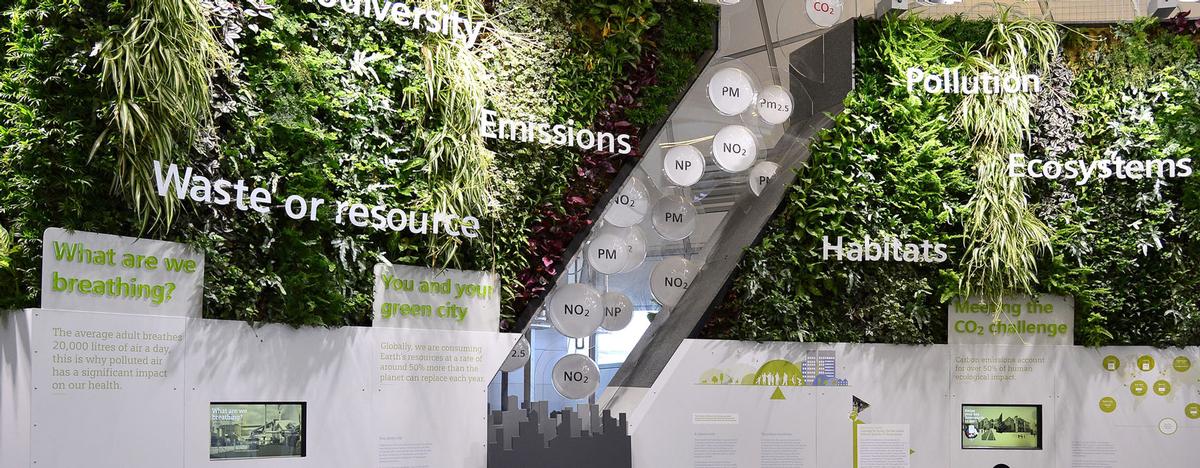see all jobs
Arts Council study shows Britain's commitment to sustainability as culture organisations reduce carbon footprint by 35 per cent
Britain's cultural organisations have shown their commitment to environmental sustainability over the last five years, with a new report showing reduced carbon emissions of more than a third during that period.
Called Sustaining Great Art and Culture, the new report from Arts Council England (ACE) showed that between the periods for 2012-2013 and 2017-2018, there was a 35 per cent decrease based on electricity and gas consumption – a reduction of more than 23,600 tonnes of carbon.
More than 600 National Portfolio Organisations (NPO) took part in the study, with 136 organisations consistently reporting data through the period. Each was asked to monitor their annual carbon footprint on top of developing environmental policies and action plans related to sustainability.
Among the core group of 136, there was a 23 per cent reduction in energy use over the five-year period, which the study said resulted in combined savings of £16.5m (US$21m, €18.5m).
Of those who took part in the study, more than three quarters said that focusing on sustainability had a wider impact, with new environmental policies helping to support and secure funding applications.
The report also suggested that as a result of the initiative, a "new creative ecology" has formed, with action changing the way the creative sector goes about its business.
"New priorities, practices, skills and investment are kick-starting a new creative ecology, which is generating jobs and driving demand for greener products and services," said the report.
"Organisations are demonstrating that everything is connected: activities to reduce electricity use engage audiences with environmental issues, improve staff wellbeing and foster collaboration to procure clean energy – in short, everything is driving a new creative ecology."
Reports from the NPO's were largely positive, with 88 per cent saying it could make a difference for the sector and 71 per cent saying the action plans had brought a recognisable change.
"One of our priorities is to help improve the all-around resilience of arts and cultural organisations," said ACE chair, Nicholas Serota.
"As the findings show, environmental action isn’t just responsible, it makes economic sense.
"Changing the way things are done is never easy, but the ACE Environmental Programme has shown that creative thinking and hard work can bring results. There's much more to be done, but I know the sector will continue to promote innovative ways that will help us to build an environmentally sustainable future."
To read the full report, click here
More News
- News by sector (all)
- All news
- Fitness
- Personal trainer
- Sport
- Spa
- Swimming
- Hospitality
- Entertainment & Gaming
- Commercial Leisure
- Property
- Architecture
- Design
- Tourism
- Travel
- Attractions
- Theme & Water Parks
- Arts & Culture
- Heritage & Museums
- Parks & Countryside
- Sales & Marketing
- Public Sector
- Training
- People
- Executive
- Apprenticeships
- Suppliers
















































